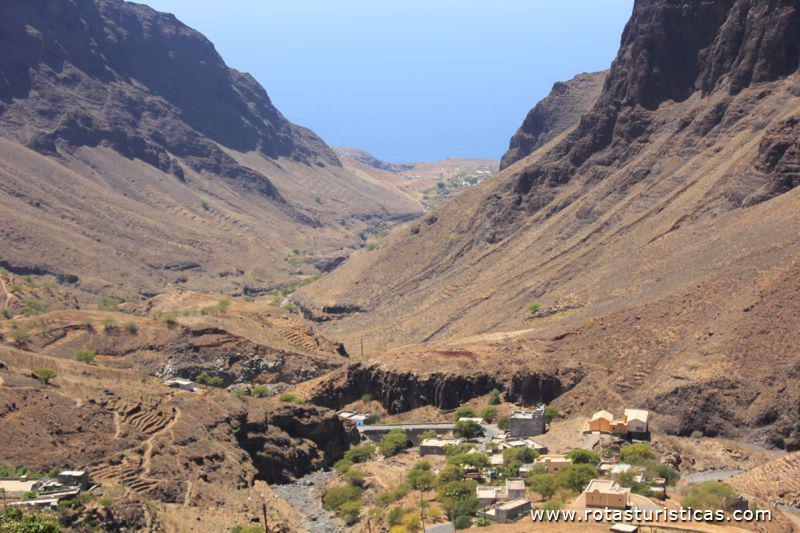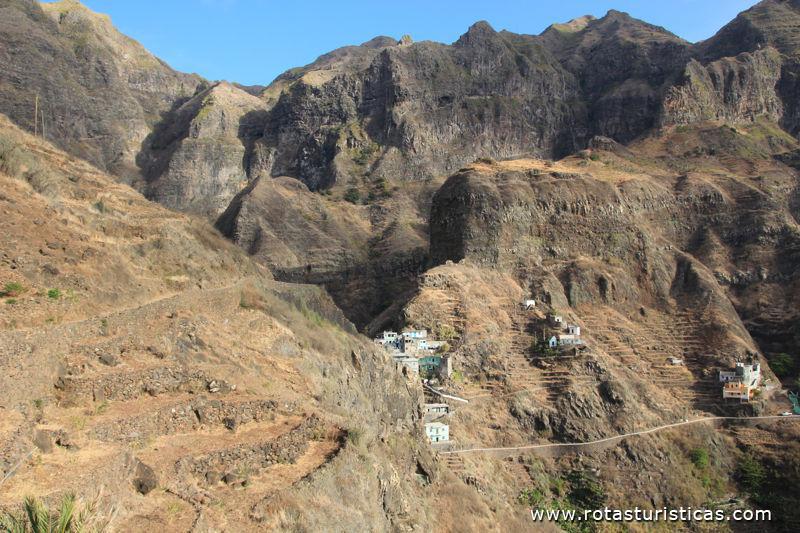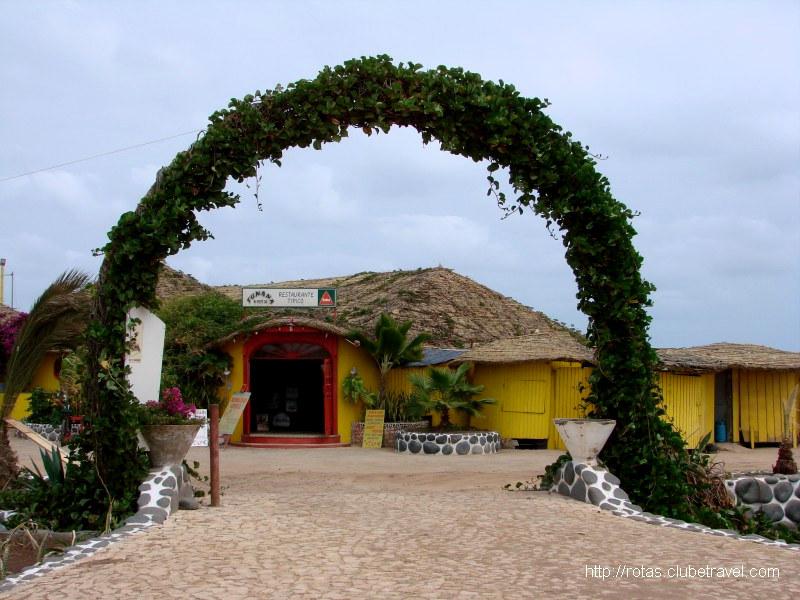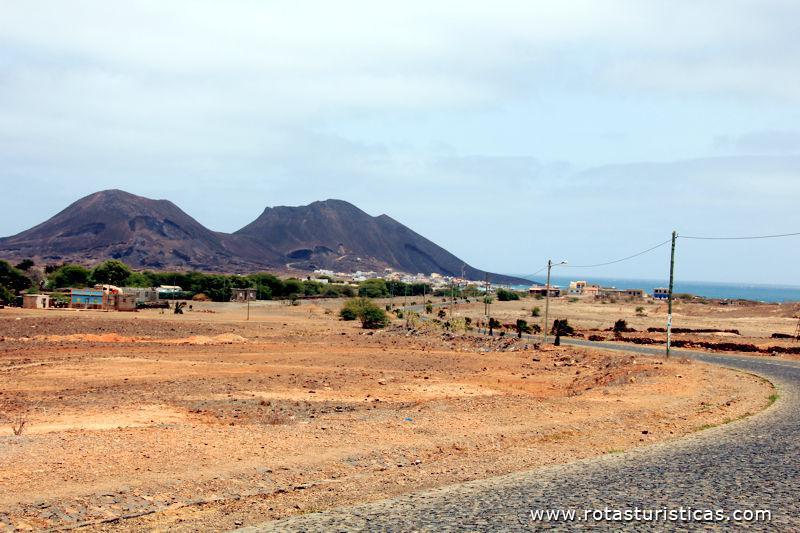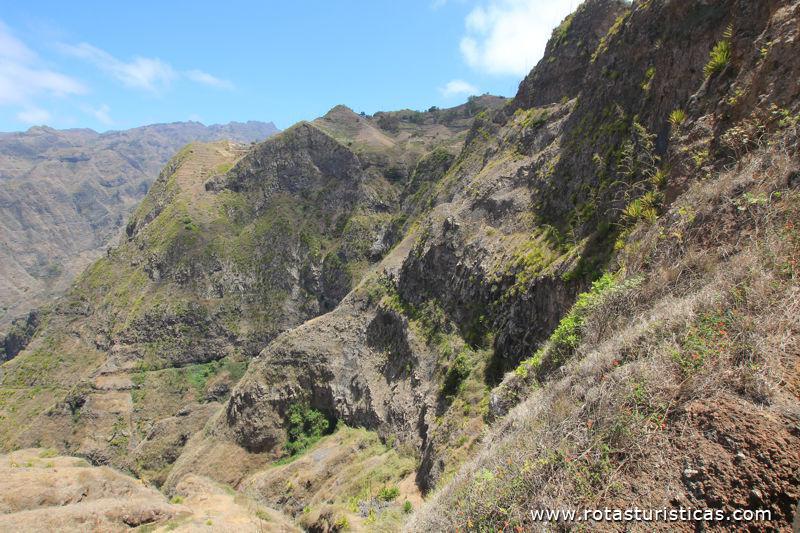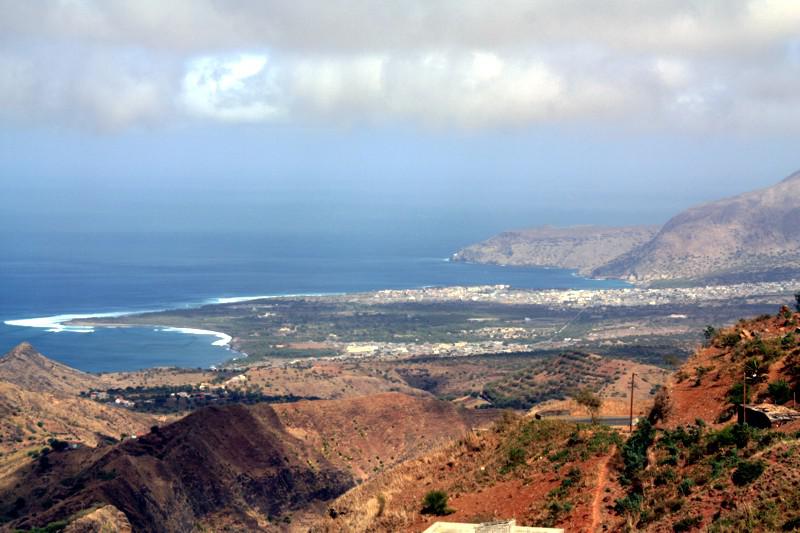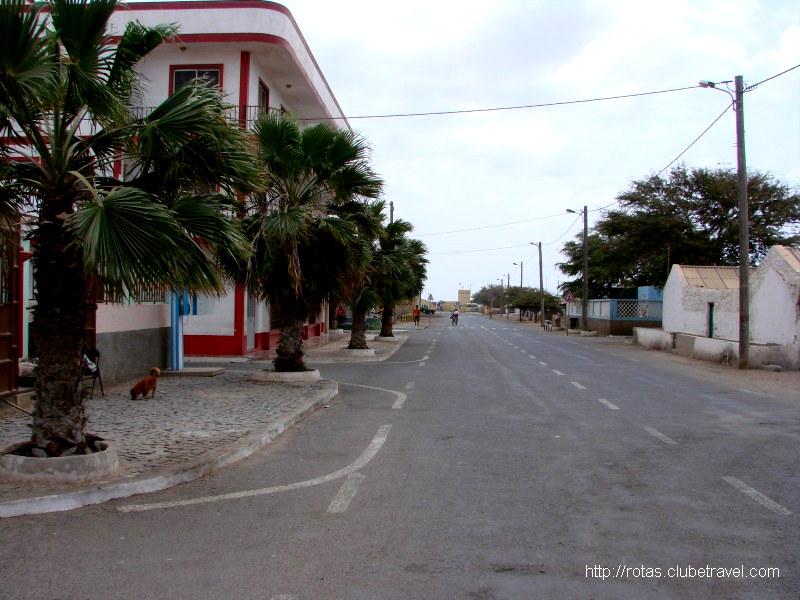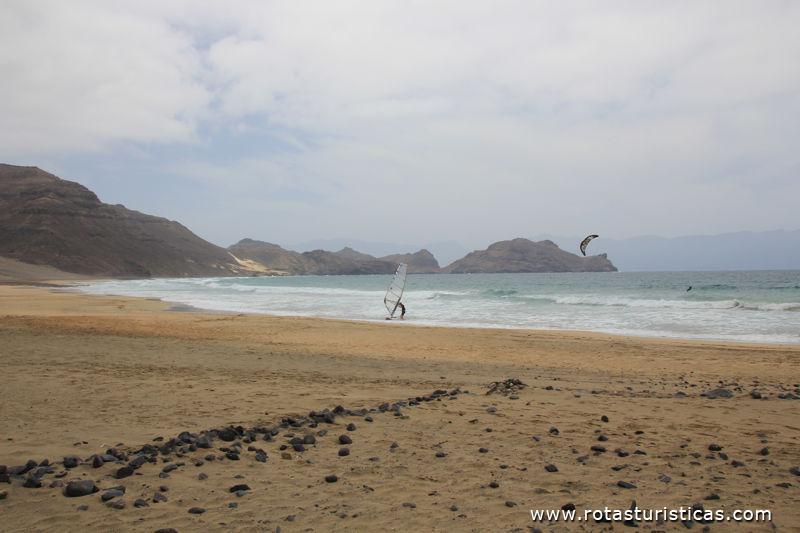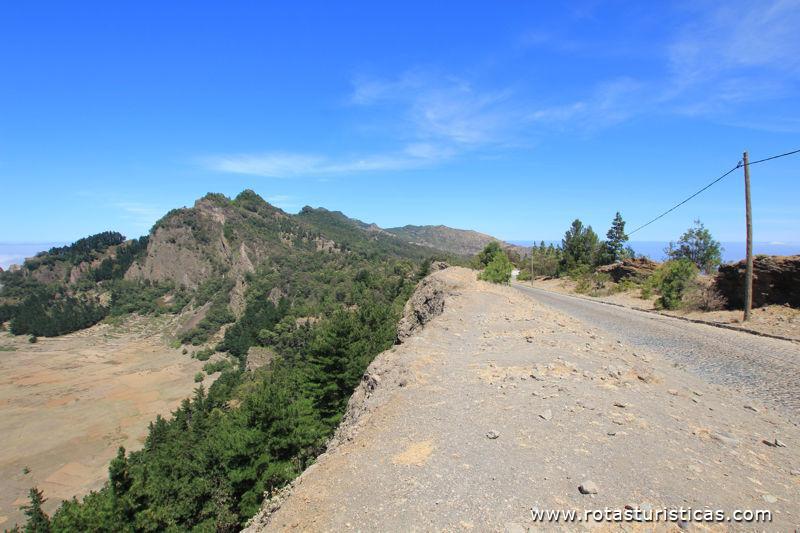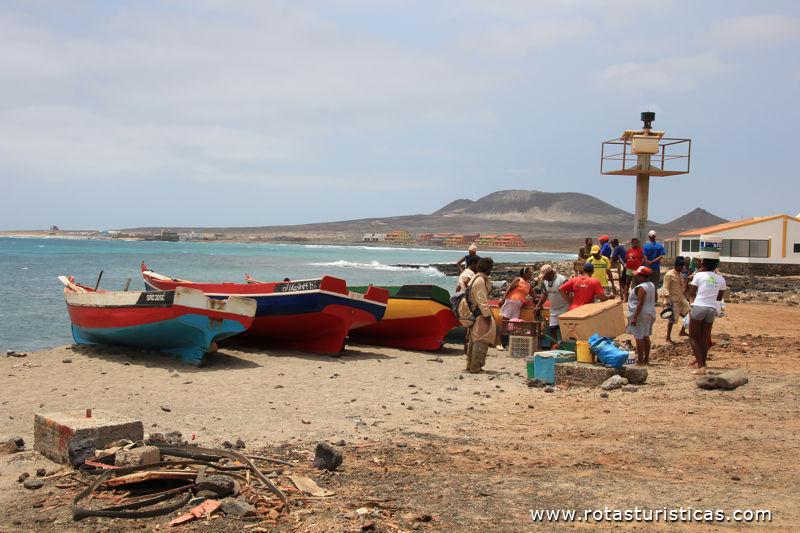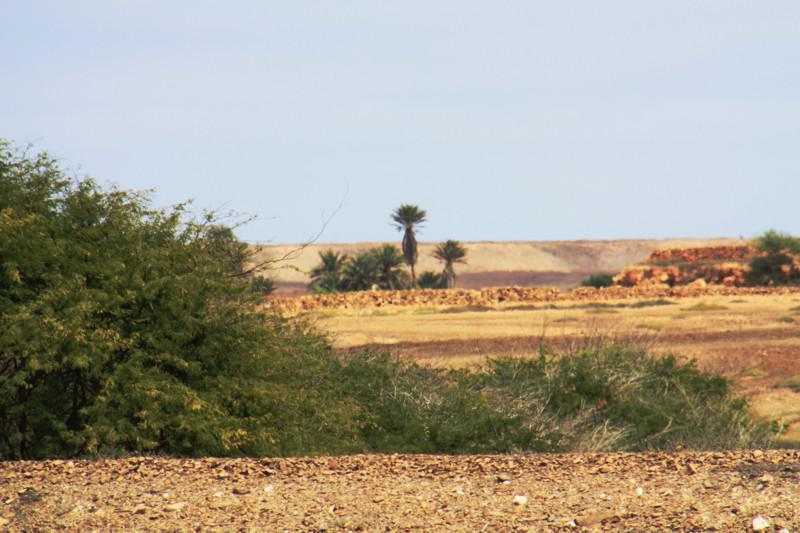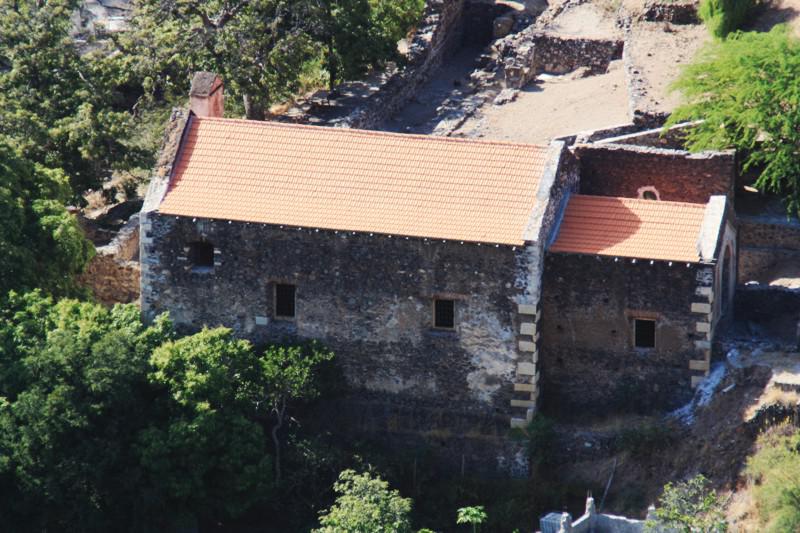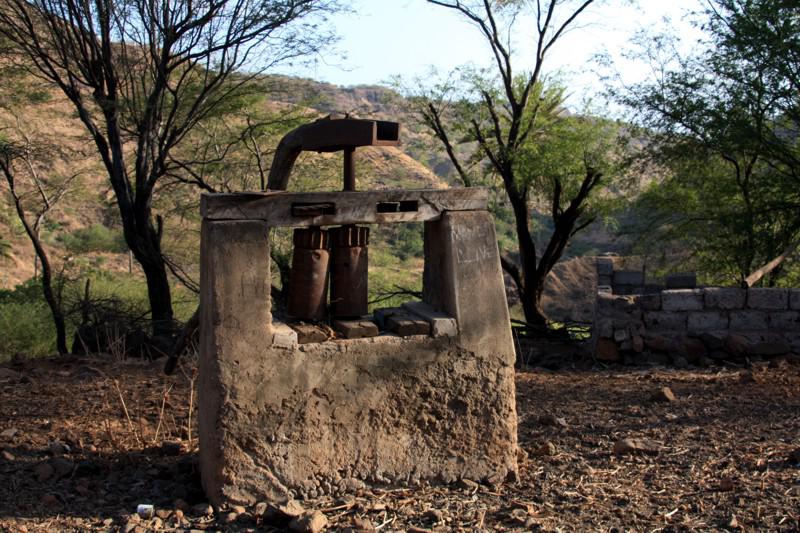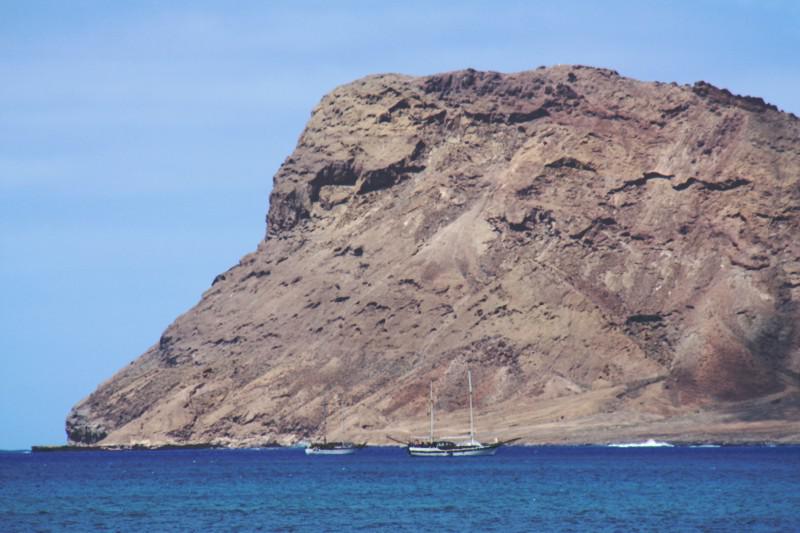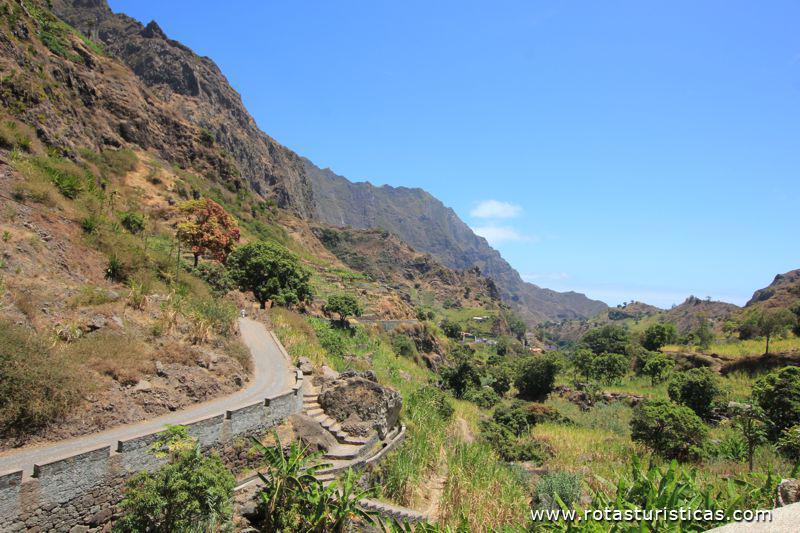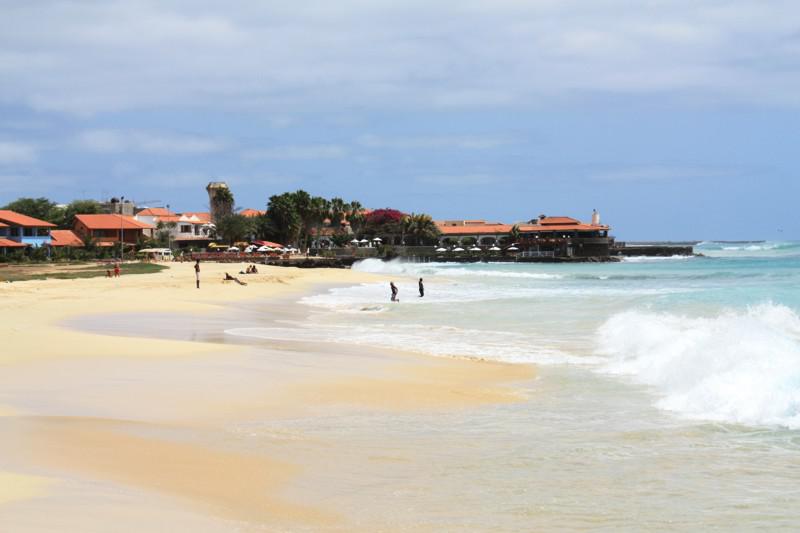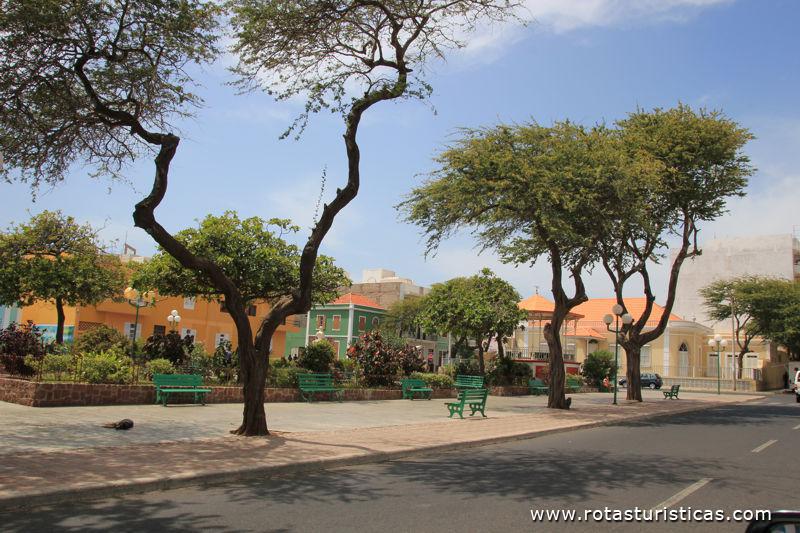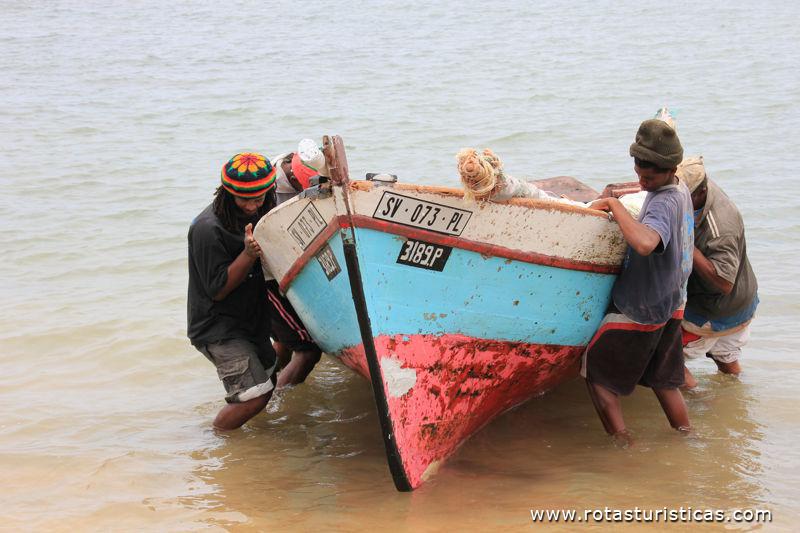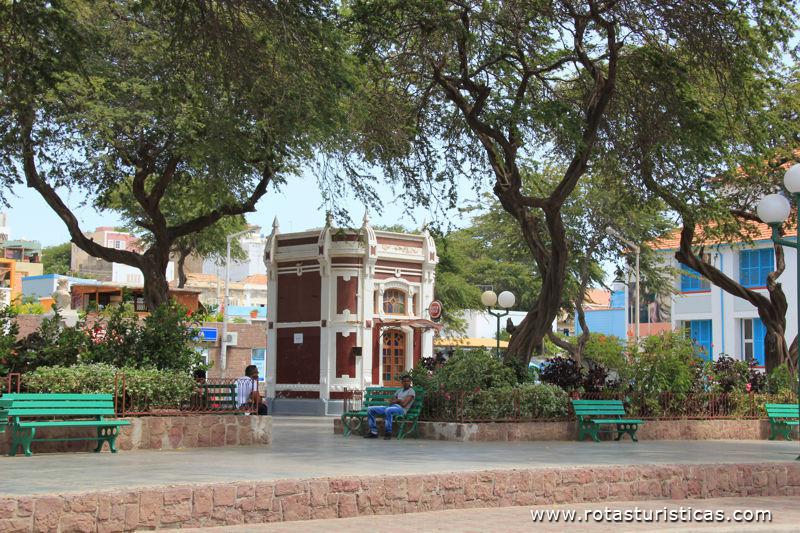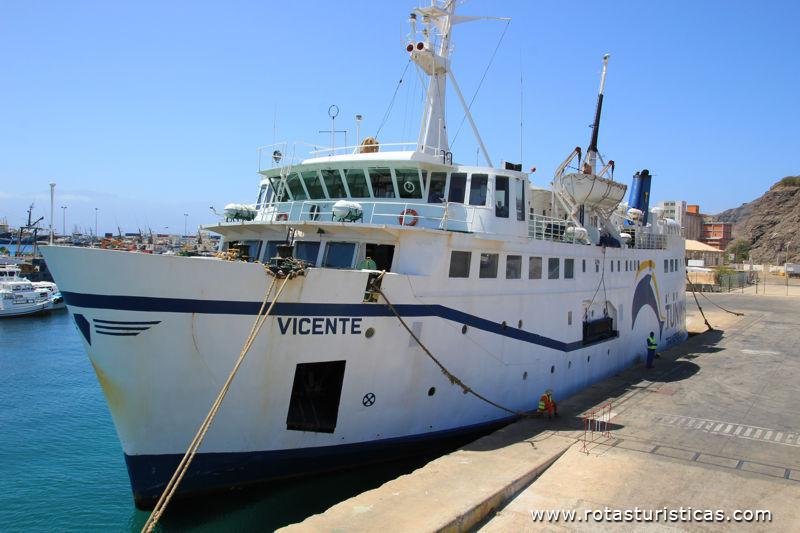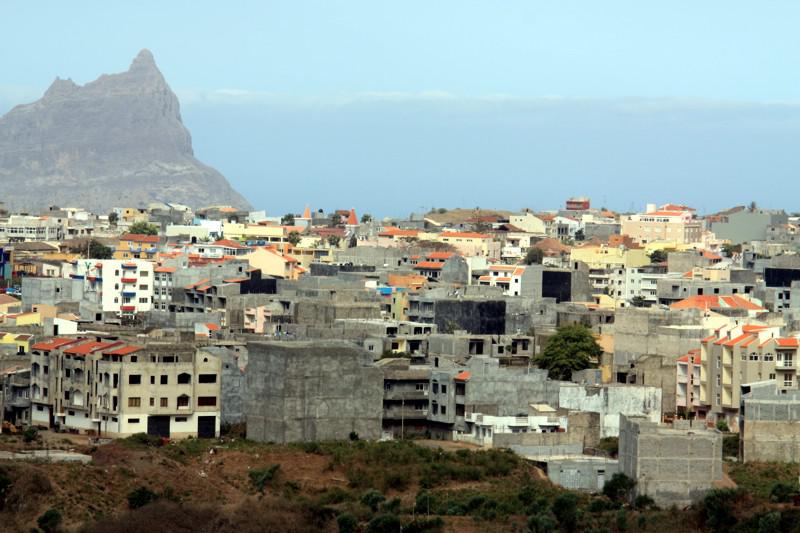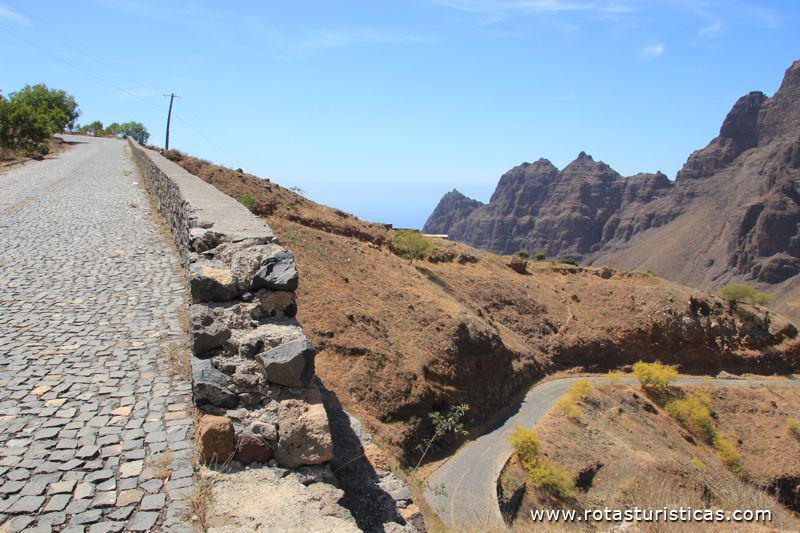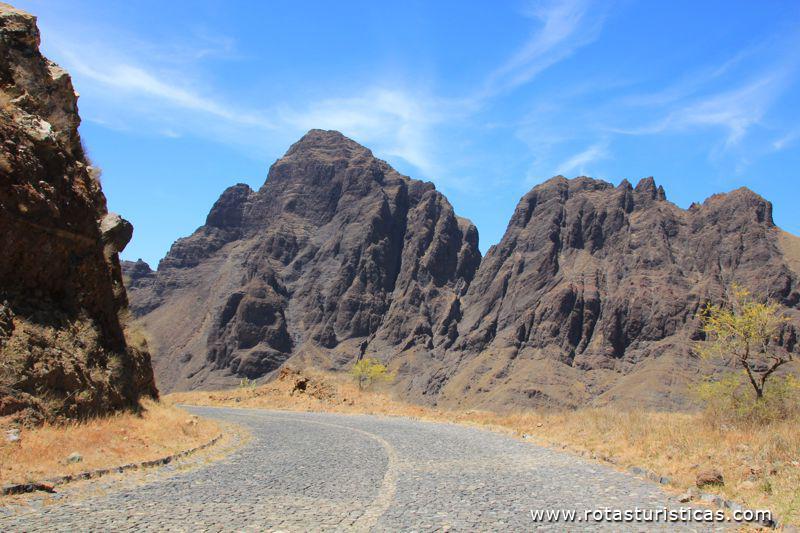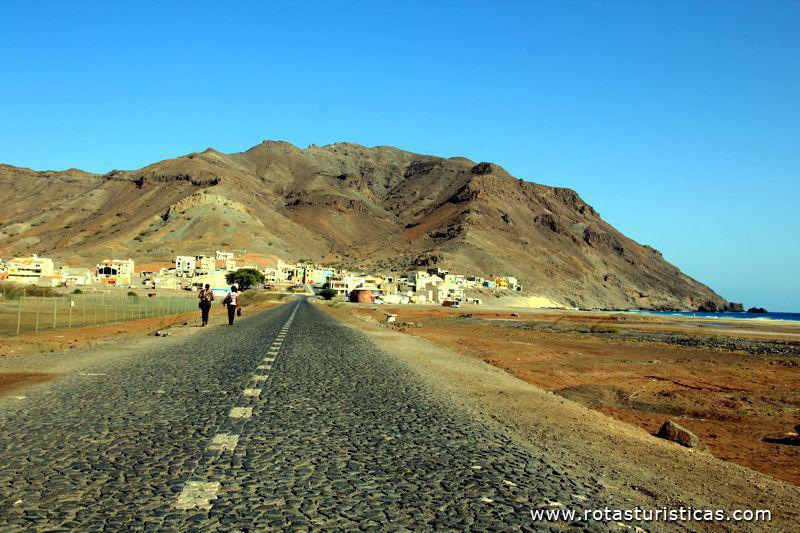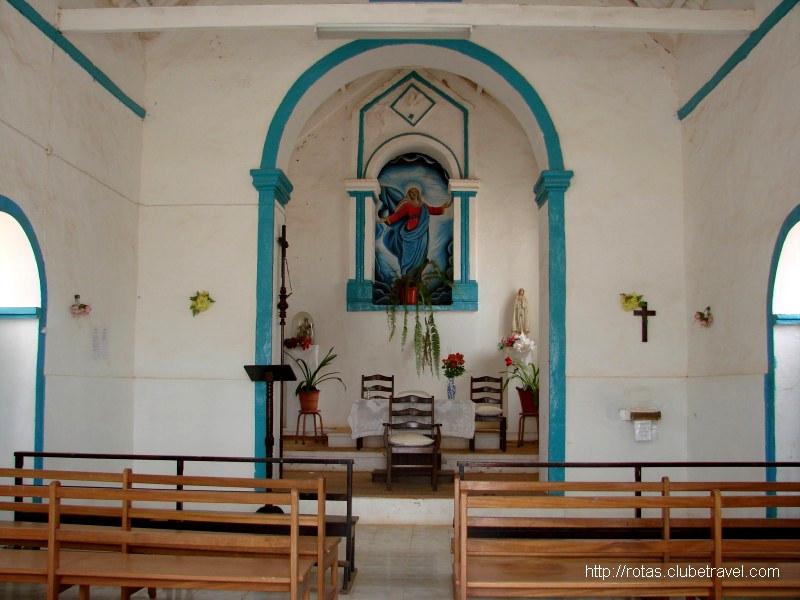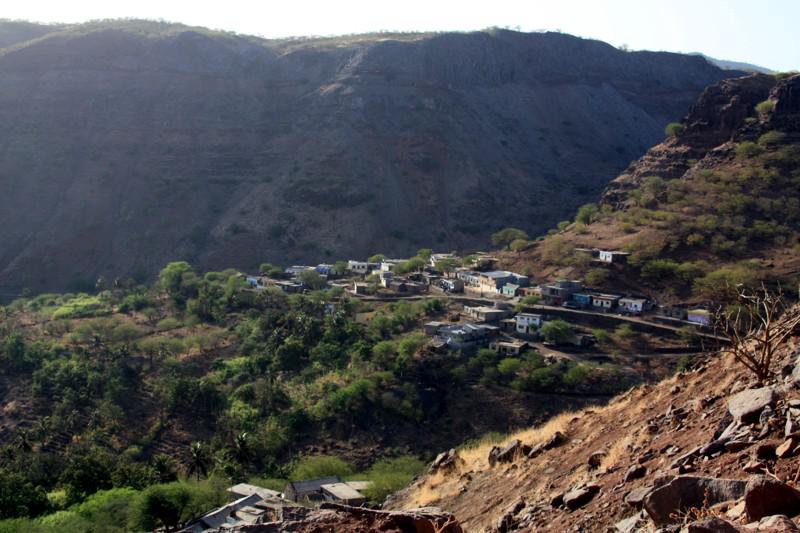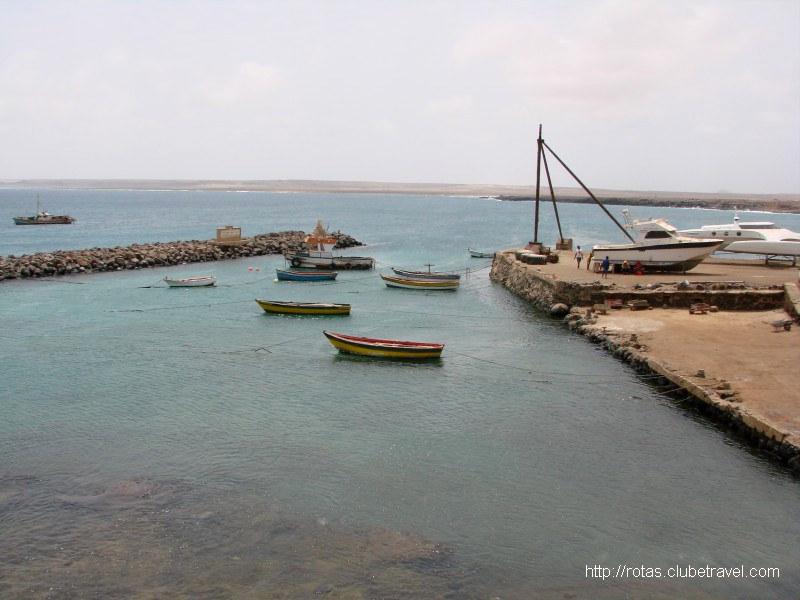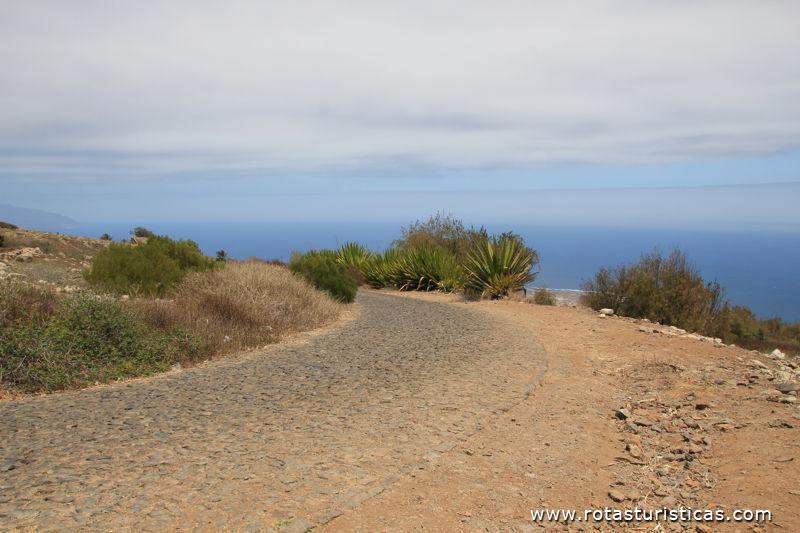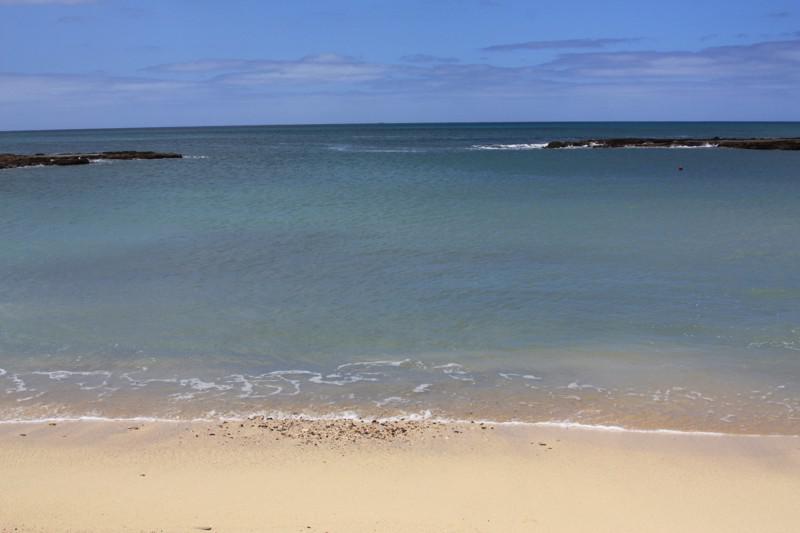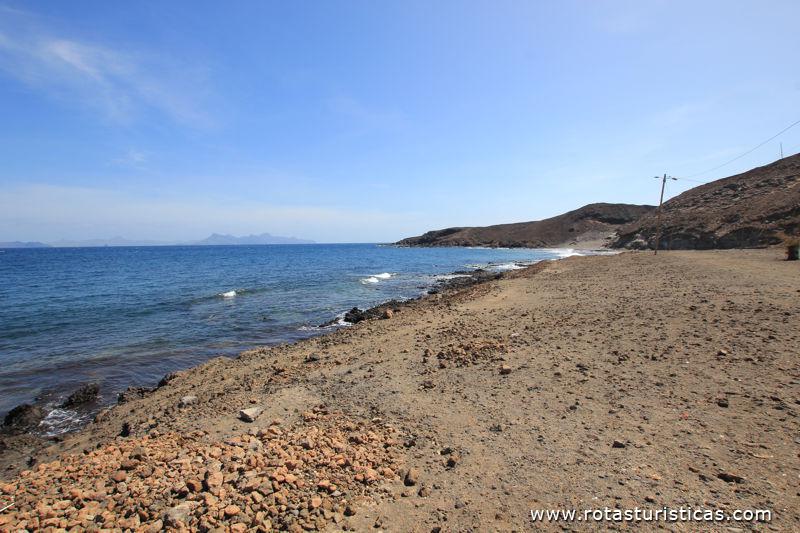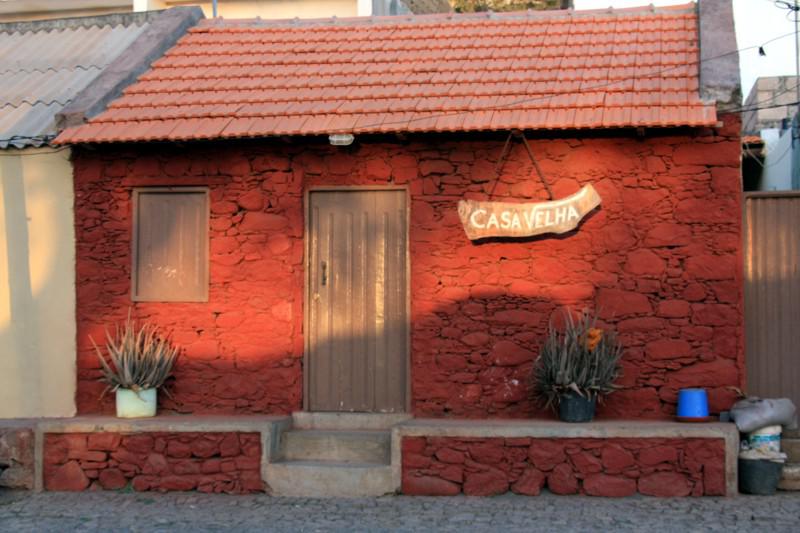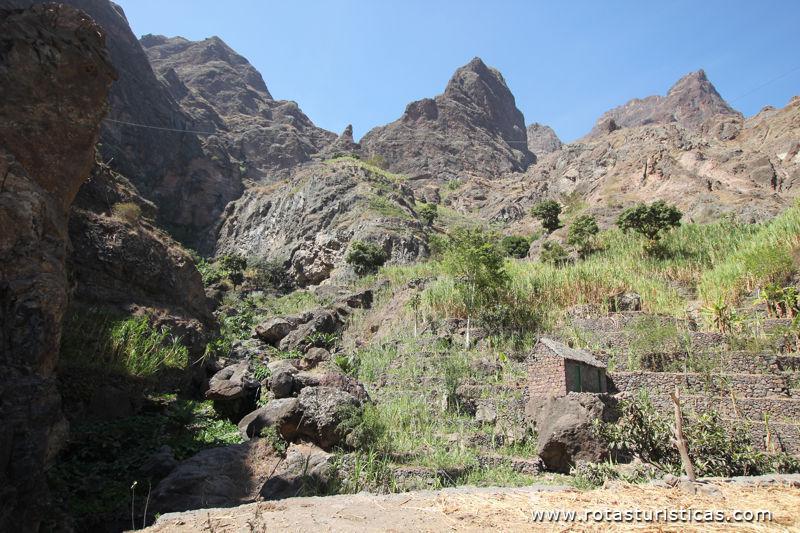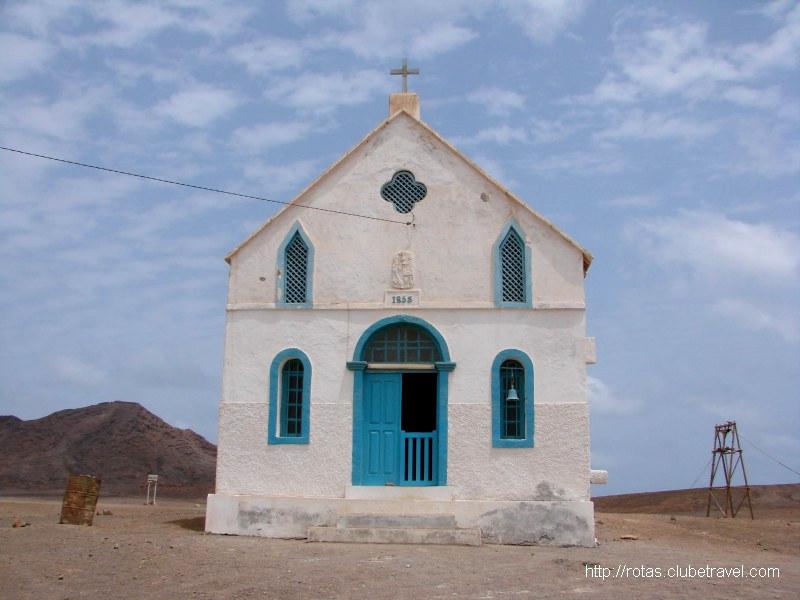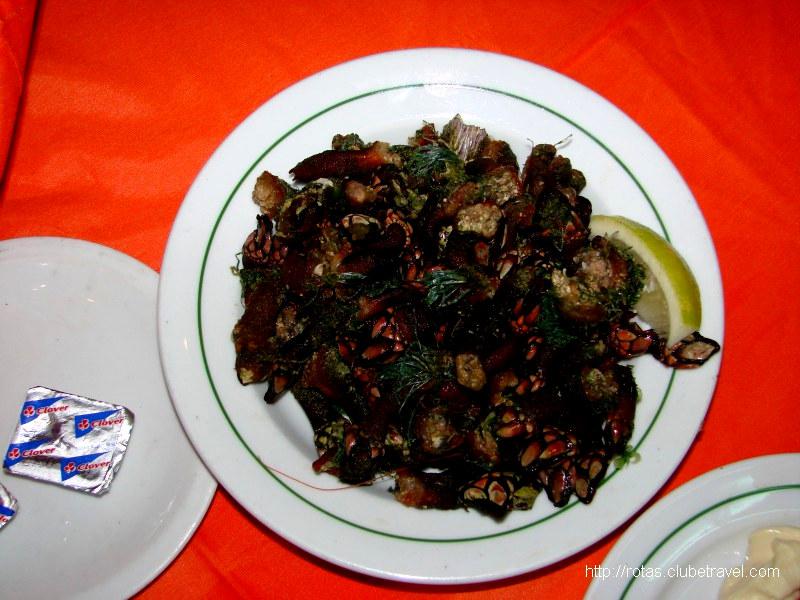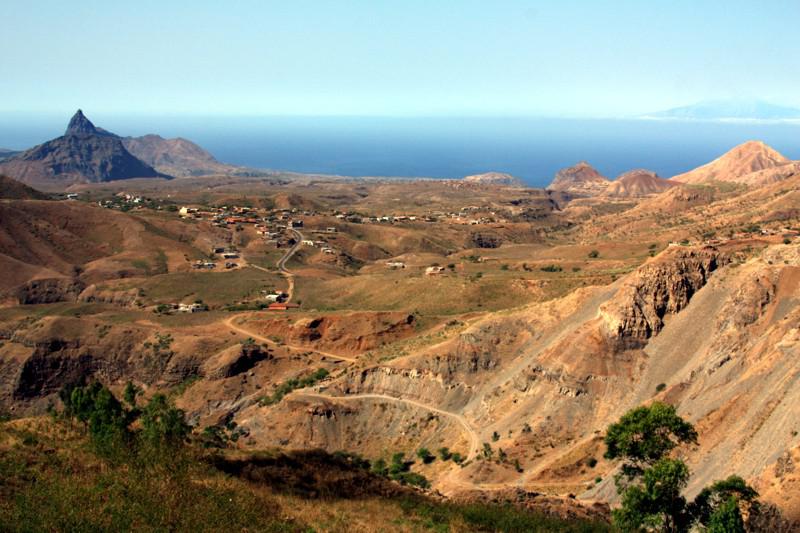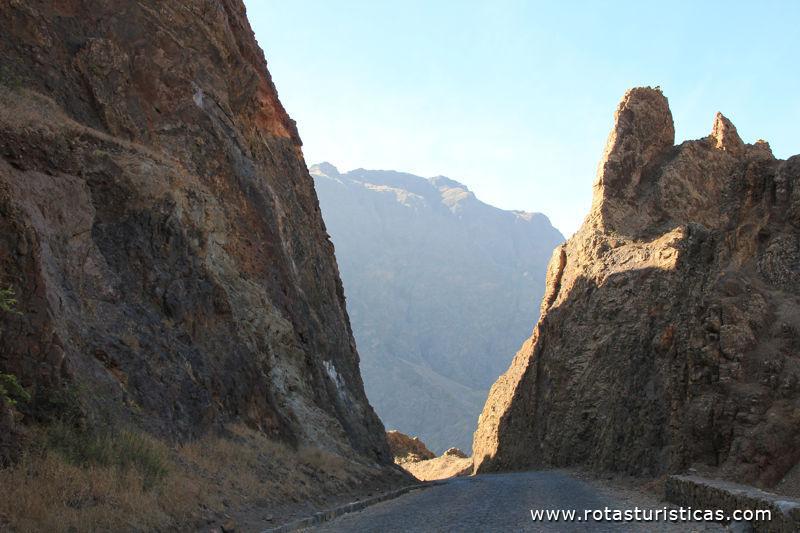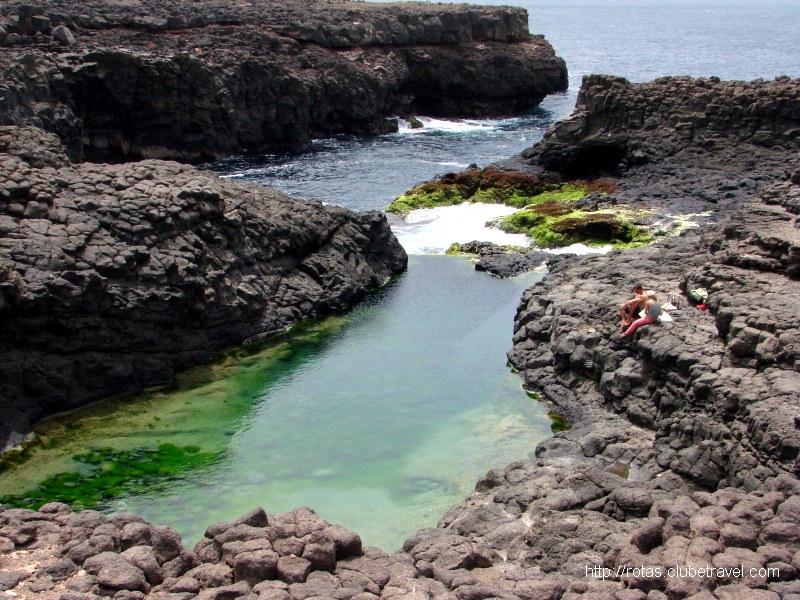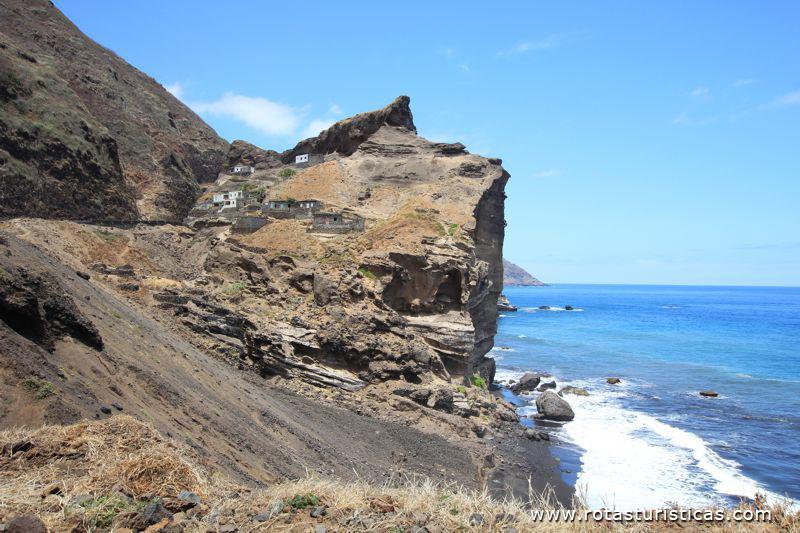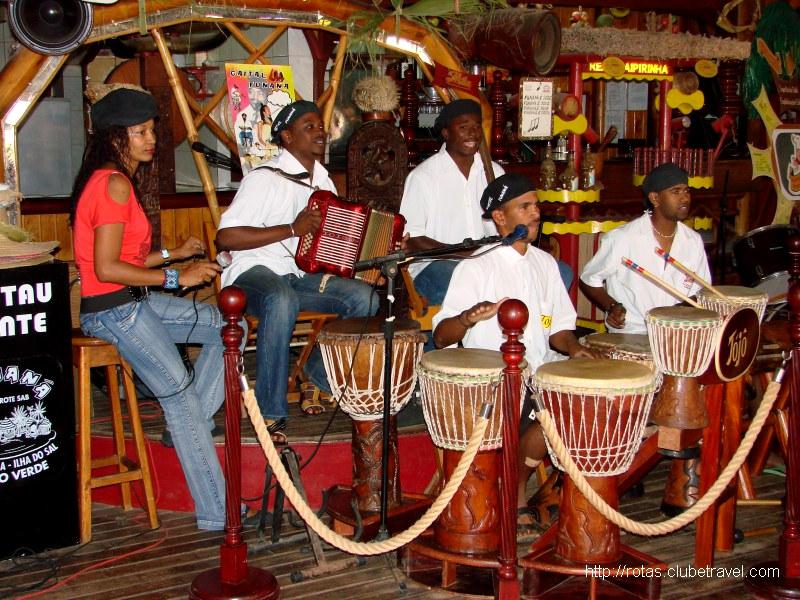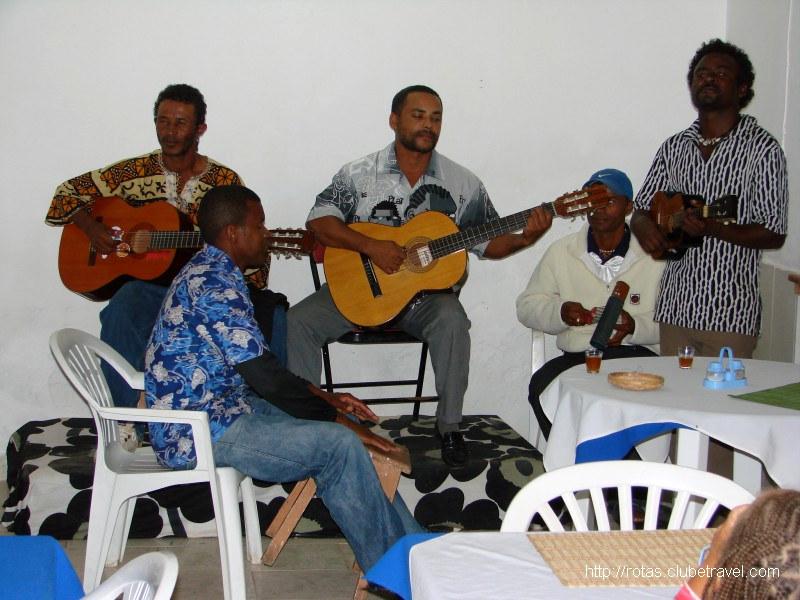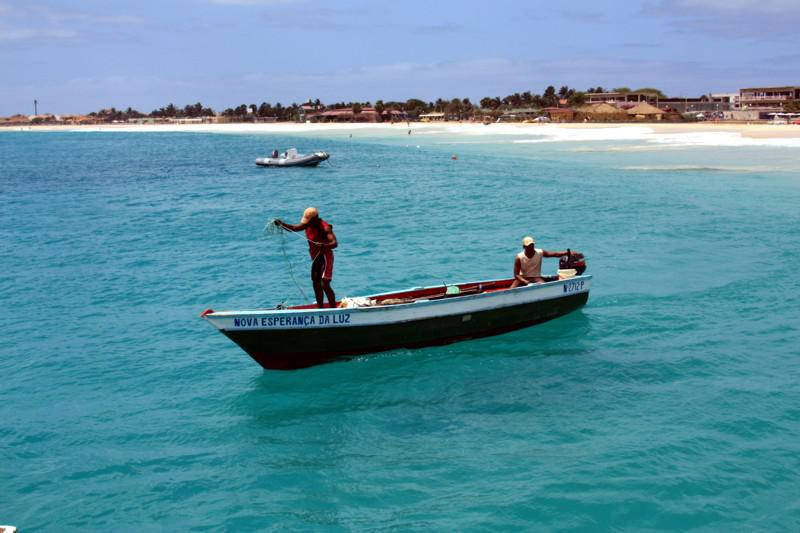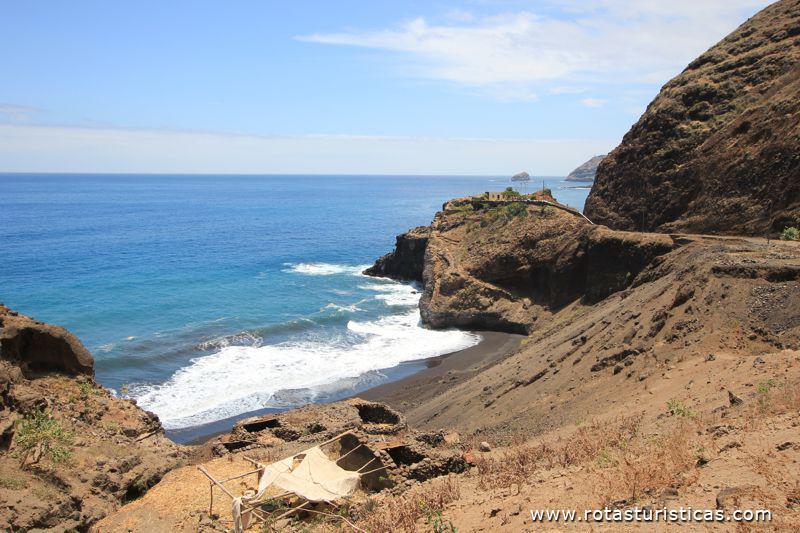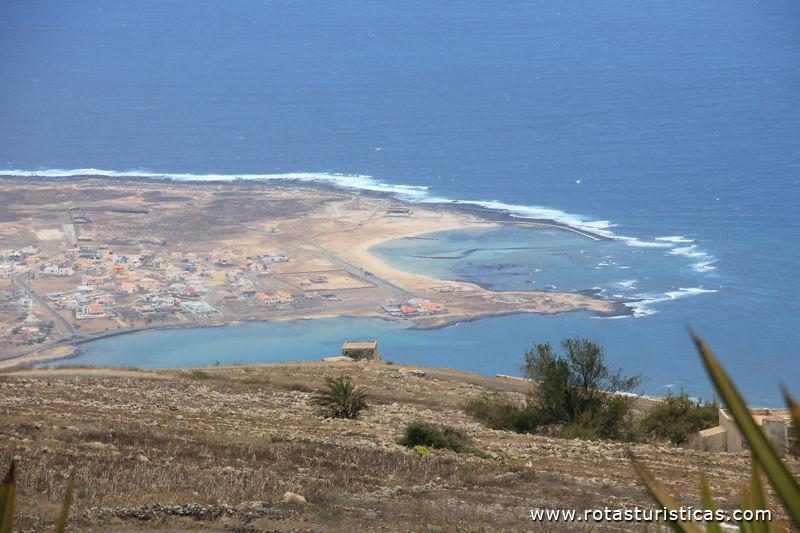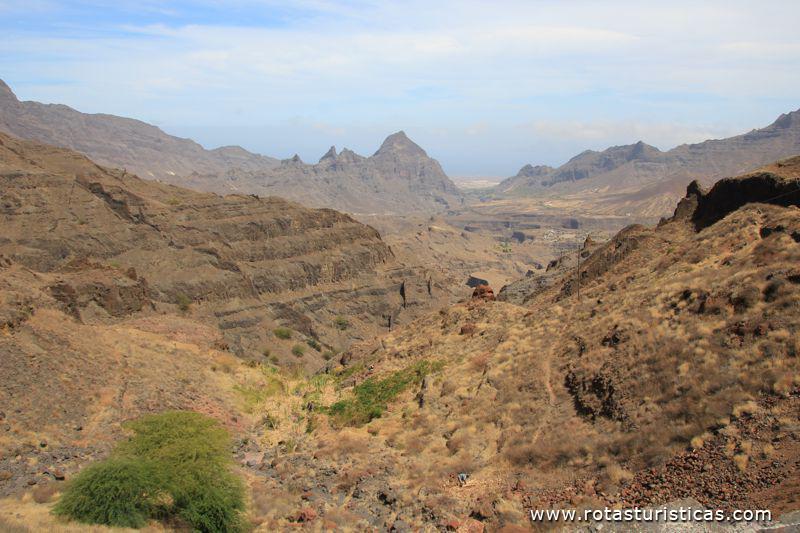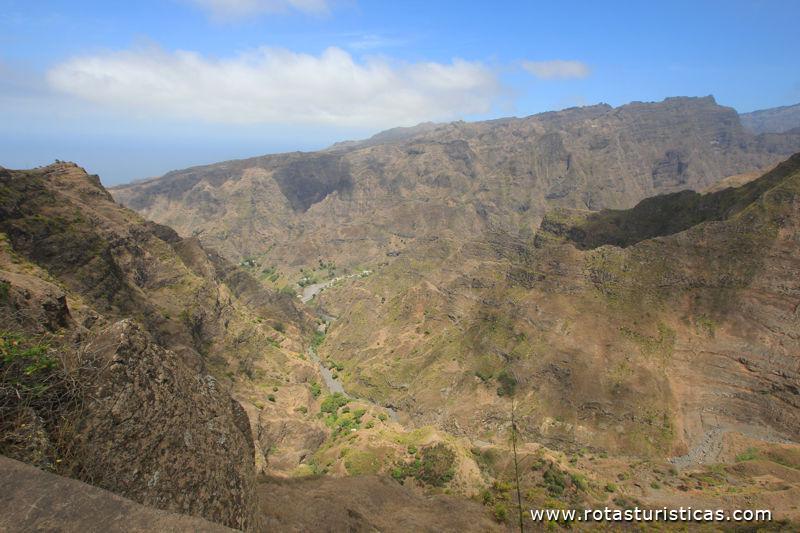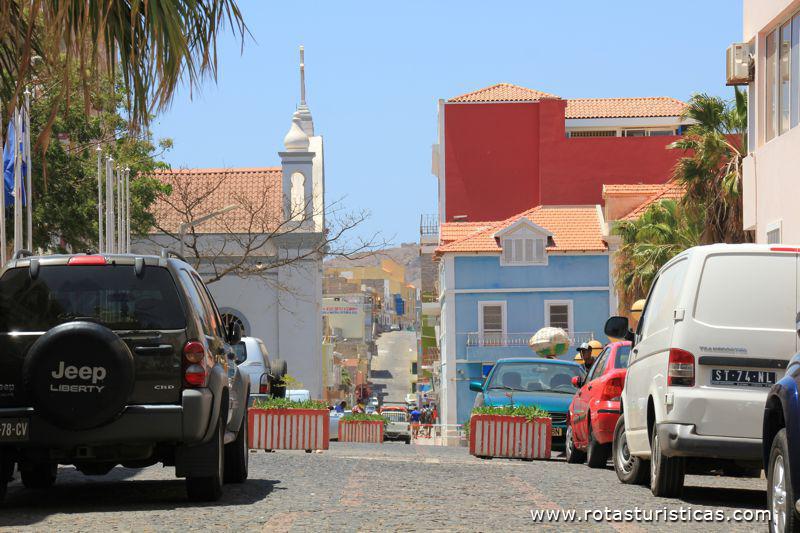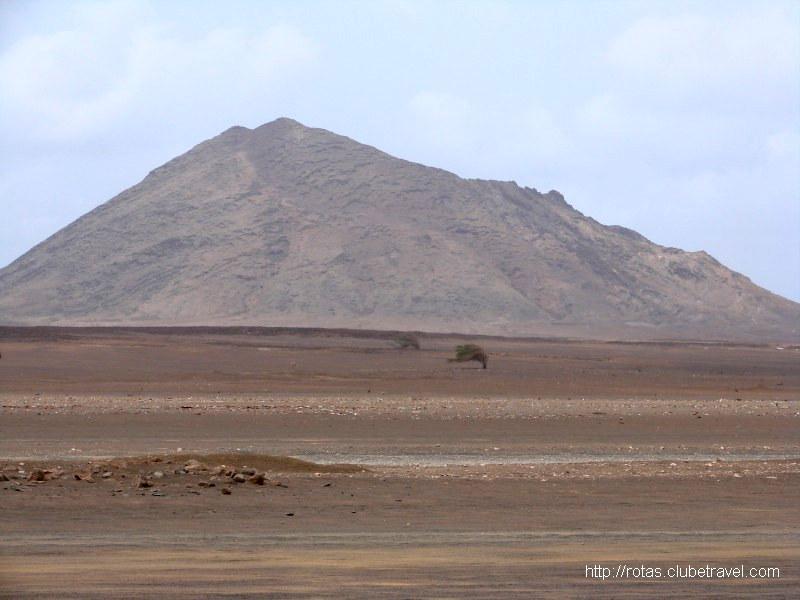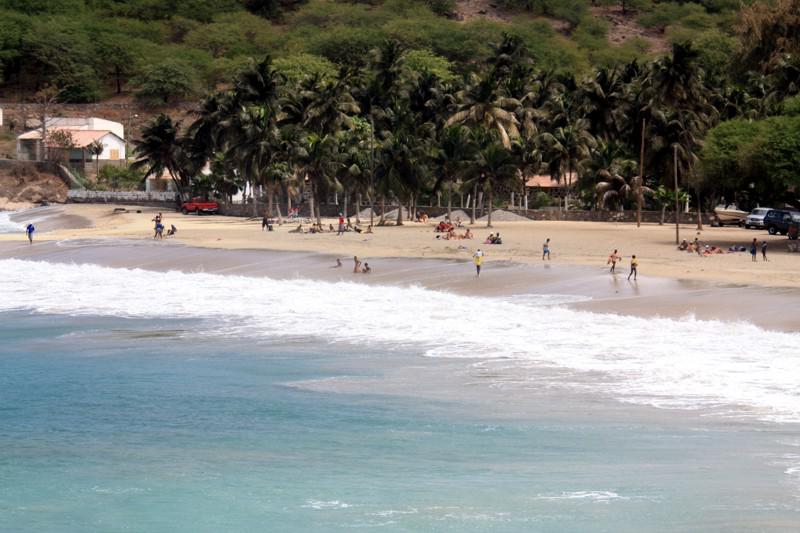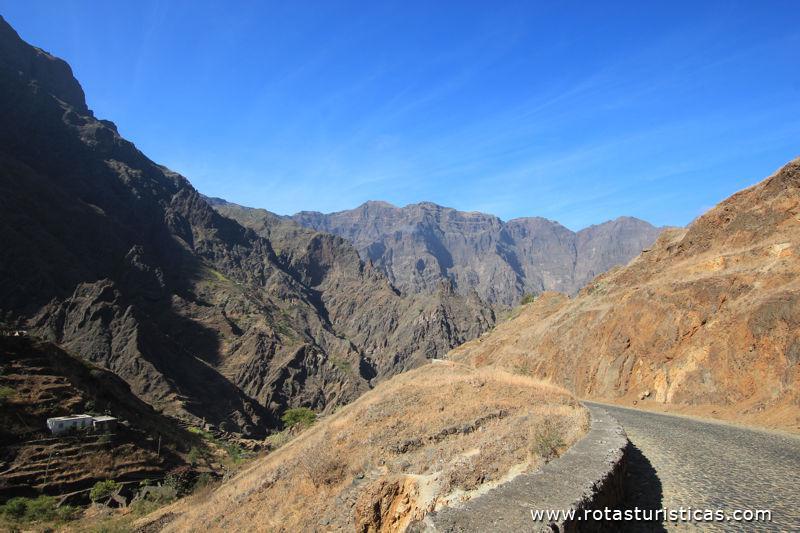Pictures of: Cape Verde
Location map
Airports
Hotels and other Accommodation
Golf Courses
What to visit
Where to Eat
Where to have fun
Consulates & Embassies
World Nomads
The Travel Insurance with the largest coverage

The Travel Insurance with the largest coverage

Cape Verde
Republic of Cape Verde is an archipelago of 10 volcanic islands in the central Atlantic Ocean. Located 570 kilometers (350 miles) off the coast of West Africa, the islands cover a total area of just over 4,000 square kilometers (1,500 sq mi).
Three islands (Sal, Boavista and Maio) are fairly flat, sandy and dry, the rest of them (Santiago, São Vicente, Santo Antão, Fogo, São Nicolau, Brava and Santa Luzia) are generally more rocky and more vegetated
Portuguese explorers discovered and colonized previously uninhabited islands in the 15th century.
Ideally located for the slave trade in the Atlantic, the islands thrived with the passage of privateers and pirates, among them Sir Francis Drake, a Corsican corsair under a Letter of Mark granted by the English crown who twice sacked the (then) capital Ribeira Great in the 1580s.
The islands were also visited by Charles Darwin's expedition in 1832.
Difficult economic times during the last decades of Portuguese colonization and the first years of independence led many Cape Verdeans to emigrate to Europe, the Americas and other African countries. Today, these emigrants and their descendants are more numerous than the national population.
The population of Cape Verde is mainly Creole, with its capital city Beach.
Three islands (Sal, Boavista and Maio) are fairly flat, sandy and dry, the rest of them (Santiago, São Vicente, Santo Antão, Fogo, São Nicolau, Brava and Santa Luzia) are generally more rocky and more vegetated
Portuguese explorers discovered and colonized previously uninhabited islands in the 15th century.
Ideally located for the slave trade in the Atlantic, the islands thrived with the passage of privateers and pirates, among them Sir Francis Drake, a Corsican corsair under a Letter of Mark granted by the English crown who twice sacked the (then) capital Ribeira Great in the 1580s.
The islands were also visited by Charles Darwin's expedition in 1832.
Difficult economic times during the last decades of Portuguese colonization and the first years of independence led many Cape Verdeans to emigrate to Europe, the Americas and other African countries. Today, these emigrants and their descendants are more numerous than the national population.
The population of Cape Verde is mainly Creole, with its capital city Beach.
Currency
escudo of Cape Verde
Official language
Portuguese, although the national language is the Creole.
(English and French are often spoken)
(English and French are often spoken)
Tourism
Cape Verde consists of two very different types of islands. There are six islands inhabited and characterized by their mountainous landscapes, while the others are distinguished by their extensive golden sands.
Ilha da Boa Vista is the island of the dunes that find the sea, an island of water sports and the birthplace of many Cape Verdean musicians who, inspired by the isolation of this serene island, created the "morna", the maximum expression of the music of this beautiful archipelago .
The town of Sal-Rei shows the architectural signs of a golden past, when the salinas of the 16th century. XVII was the main source of wealth of the island. Opposite the island we can admire the ruins of the old fort Duque de Bragança that rests on a small island.
It is worth visiting a small Jewish cemetery at the entrance of the Hotel Marine Club, a testimony of the Jewish community that settled there. Between the village of Rabil and Estância de Baixo is a valley rich in vegetation where coconut trees and palm trees predominate, in a hydrographic basin considered the largest in Cape Verde.
For lovers of water sports games, Sal Island, is enrolled in the Triathlon World Circuit, because in addition to exuberant beaches, has the best winds to surf lovers.
The Islands are of volcanic origin and are positioned between parallels 15 and 17 of north latitude.
The only active volcano is on the island of Fogo, so its stones make its landscape unique for more daring visitors.
Ilha da Boa Vista is the island of the dunes that find the sea, an island of water sports and the birthplace of many Cape Verdean musicians who, inspired by the isolation of this serene island, created the "morna", the maximum expression of the music of this beautiful archipelago .
The town of Sal-Rei shows the architectural signs of a golden past, when the salinas of the 16th century. XVII was the main source of wealth of the island. Opposite the island we can admire the ruins of the old fort Duque de Bragança that rests on a small island.
It is worth visiting a small Jewish cemetery at the entrance of the Hotel Marine Club, a testimony of the Jewish community that settled there. Between the village of Rabil and Estância de Baixo is a valley rich in vegetation where coconut trees and palm trees predominate, in a hydrographic basin considered the largest in Cape Verde.
For lovers of water sports games, Sal Island, is enrolled in the Triathlon World Circuit, because in addition to exuberant beaches, has the best winds to surf lovers.
The Islands are of volcanic origin and are positioned between parallels 15 and 17 of north latitude.
The only active volcano is on the island of Fogo, so its stones make its landscape unique for more daring visitors.
Music
Cape Verde is also known for its music and dancing. In music, the "Warm" is the most famous pace, followed by "banding machine" and "Funaná. As for the Cape Verdean musicians, it is impossible not to mention Cesaria Evora, the famous" diva of the barefoot "also known for "Queen of Morna." Sharks, Tito Paris or Bana are also some of the known names and more recently Mayra Andrade. In many restaurants and bars of the islands can listen to local artists.
Gastronomy
Cape Verde offers a varied gastronomic choice of seafood. It goes without saying that the supply at the level of fish and shellfish is as varied as possible. Lobster, kebabs, lapa, conch, not to mention the "bafas", which make the delights of seafood lovers.
Fresh tuna, cooked in stew, onion or simply grilled is an excellent bet.
The base of the popular Cape Verdean cuisine is the corn that, prepared in different ways, usually accompanies pork, beans, cassava and sweet potatoes. The best known and most appreciated dish is the "cachupa" - the national recipe, emblematic of Cape Verde. Do not forget the xerém, the couscous and the corn cakes. There is no doubt that the national dish of the islands is the cachupa. This is a type of stew, consisting of ground corn, onion, green banana, cassava, sweet potatoes, pumpkin, yam, tomato, cabbage and possibly bacon. It is seasoned with bay leaves, garlic and pepper. Depending on the cook's portfolio, it is also offered with several types of sausage, beef, pork or fish (rich cachupa).
Cape Verdeans enjoy their favorite meal at any time of the day: for breakfast, lunch or dinner.
Stews, which also include the bean dish called feijoada, are very popular in a wide variety of versions on the islands.
In addition, there is the chicken soup, (a rice soup with chicken) and fish broth, fish soup, which will ward off hunger like a tuna steak, traditional stewed meat, roast beef, or limpets cooked peppers that are cooked in peppers.
For dessert, a goat cheese accompanied with papaya candy.
Also recommended is the potent and famous national grog and homemade liqueurs.
Fresh tuna, cooked in stew, onion or simply grilled is an excellent bet.
The base of the popular Cape Verdean cuisine is the corn that, prepared in different ways, usually accompanies pork, beans, cassava and sweet potatoes. The best known and most appreciated dish is the "cachupa" - the national recipe, emblematic of Cape Verde. Do not forget the xerém, the couscous and the corn cakes. There is no doubt that the national dish of the islands is the cachupa. This is a type of stew, consisting of ground corn, onion, green banana, cassava, sweet potatoes, pumpkin, yam, tomato, cabbage and possibly bacon. It is seasoned with bay leaves, garlic and pepper. Depending on the cook's portfolio, it is also offered with several types of sausage, beef, pork or fish (rich cachupa).
Cape Verdeans enjoy their favorite meal at any time of the day: for breakfast, lunch or dinner.
Stews, which also include the bean dish called feijoada, are very popular in a wide variety of versions on the islands.
In addition, there is the chicken soup, (a rice soup with chicken) and fish broth, fish soup, which will ward off hunger like a tuna steak, traditional stewed meat, roast beef, or limpets cooked peppers that are cooked in peppers.
For dessert, a goat cheese accompanied with papaya candy.
Also recommended is the potent and famous national grog and homemade liqueurs.
Weather
The sun shines 350 days a year and temperatures range from 21 ° C to 29 ° C.
The breeze constantly blows from the ocean in a relatively low average humidity of 40% to 60%.
Instead of the classic four seasons, the Cape Verde Islands only have two: The Time of the Brisas (windy weather), from October to mid July and the Rainy season from August to September, when torrential events tropical rain.
The coldest months are January and February (average temperature 21 ° C), where temperatures can drop to 16 ° C, the hottest is September (up to 36 ° C) with an average temperature of 27 ° C .
At night the minimum temperatures can reach from 3ºC to -5ºC.
The water temperature varies between 22 ° C and 27 ° C throughout the year.
The islands of Barlavento (Santo Antão, São Vicente, São Nicolau, Boavista, Sal, Santa Luzia, Branco and Razo) are always a little cooler than those in Sotavento (Maio, Santiago, Fogo and Brava), where summers can be pretty warm.
The breeze constantly blows from the ocean in a relatively low average humidity of 40% to 60%.
Instead of the classic four seasons, the Cape Verde Islands only have two: The Time of the Brisas (windy weather), from October to mid July and the Rainy season from August to September, when torrential events tropical rain.
The coldest months are January and February (average temperature 21 ° C), where temperatures can drop to 16 ° C, the hottest is September (up to 36 ° C) with an average temperature of 27 ° C .
At night the minimum temperatures can reach from 3ºC to -5ºC.
The water temperature varies between 22 ° C and 27 ° C throughout the year.
The islands of Barlavento (Santo Antão, São Vicente, São Nicolau, Boavista, Sal, Santa Luzia, Branco and Razo) are always a little cooler than those in Sotavento (Maio, Santiago, Fogo and Brava), where summers can be pretty warm.
Documentation
Passport valid for at least 6 months. The "international boarding pass" is filled in, both at the entrance to the country and at the exit. The visa is essential (not included in the price of the trip and for stays of 30 days maximum). In order to deal with it, you must send a photocopy of the passport page where your personal data appear, to the travel agency ten days before departure.
Health care
All travelers should go to a Travel Medicine appointment 4 to 8 weeks before departure.
Prophylaxis of Malaria with Mefloquine, Proguanil + Atovaquone or Doxycycline should be used for travelers to the island of S. Tiago.
Immunizations (vaccines):
-Hepatitis A: Recommended to all non-immune travelers.
-Typhoid fever: Recommended for all travelers wishing to eat food (liquid or solid) other than in major hotels and restaurants.
-Febre Amarela: Required for all travelers coming from areas endemic to Yellow Fever. Otherwise no indication.
-Hepatitis B: Recommended to all travelers.
-Tetanus / Diptheria: Recommended to all non-immune travelers.
It is advisable to take the basic medicines such as aspirin, intestinal regulators, ointments, dressings, insect repellent, sunscreen, etc., always drink bottled water and be cautious with exposure to the sun.
Prophylaxis of Malaria with Mefloquine, Proguanil + Atovaquone or Doxycycline should be used for travelers to the island of S. Tiago.
Immunizations (vaccines):
-Hepatitis A: Recommended to all non-immune travelers.
-Typhoid fever: Recommended for all travelers wishing to eat food (liquid or solid) other than in major hotels and restaurants.
-Febre Amarela: Required for all travelers coming from areas endemic to Yellow Fever. Otherwise no indication.
-Hepatitis B: Recommended to all travelers.
-Tetanus / Diptheria: Recommended to all non-immune travelers.
It is advisable to take the basic medicines such as aspirin, intestinal regulators, ointments, dressings, insect repellent, sunscreen, etc., always drink bottled water and be cautious with exposure to the sun.
Telecommunications and electricity
From any point of the country it is possible to establish an international communication, be it by telephone, fax, telex or internet. The mobile network is installed and is very comprehensive.
The electric current is 220V.
The electric current is 220V.
Other tourist destinations in:
Cape Verde
Cape Verde
Other world tourist destinations
Why to book with BOOK HOTEL OPORTO
The best prices
Our partnerships with the world´s largest operators offer research on the best market prices.
More options
At Rotas Turisticos you can book the hotel, buy the air ticket, book the transfer from the airport to the hotel and vice versa, book the local excursions, rent the car, take travel insurance and consult the places to visit and where to go.
Holiday Tips & Destinations
Hundreds of holiday destinations with all the options that allow you to easily choose the destination that best suits your dream vacation.
BOOK HOTEL OPORTO
Links

